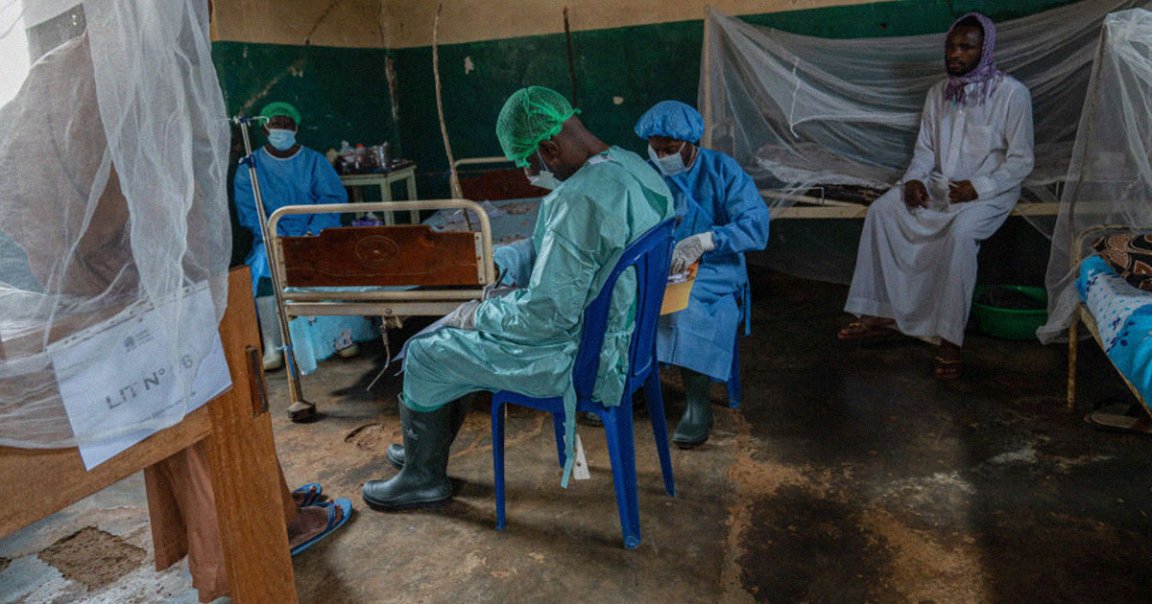
A mysterious illness is spreading in the northwest of the Democratic Republic of Congo.
As the Associated Press reports, World Health Organization doctors say that the illness has already led to 419 cases, including 53 deaths, since the latest outbreak began on January 21.
A particularly harrowing detail: in the majority of cases, doctors say, death occurs within just 48 hours of the onset of symptoms.
While researchers are still trying to get a grasp on the situation, the WHO’s Africa office has traced back the first outbreak in the town of Boloko after three children ate a bat carcass and died within two days, according to the AP. The children died after bleeding from the nose and vomiting blood.
The outbreak is frightening on its own, but also echoes the origins of the deadly COVID-19 pandemic, which is believed to have jumped from bats to humans in China before spreading worldwide and causing millions of deaths.
According to the WHO, the still-unnamed illness poses a “significant public health threat” with a fatality rate of 12.3 percent. Lab tests of samples confirmed the illness was unrelated to other common hemorrhagic fever diseases such as Ebola and Marburg.
It’s an unfortunate new development for the Central African nation. In December, a previous outbreak in the southwest of the DRC was later traced back to “acute respiratory infections complicated by malaria,” according to the WHO.
The nation has also been battling a major outbreak of Mpox, formerly known as monkeypox. Officials are worried that current political instability in the country’s east could lead to an undercount of cases.
Mpox is a virus that can cause painful blisters and prove fatal in some cases. Following a global outbreak in 2022 and 2023, much of the African continent, including the DRC, is still fighting the virus.
Following the latest outbreak of the unknown illness, officials are trying to reassure the public that it’s extremely unlikely that the latest illness will trigger the next global pandemic.
“A genuinely new illness, as we saw with COVID-19, of course can happen but is very rare,” University of Southampton senior research fellow Michael Head told the Washington Post. “Usually, it’s a bug… that we know about but haven’t yet diagnosed in that particular outbreak.”
“Typically, such outbreaks are brought under control relatively quickly,” he added. “However, here, it is concerning that we have hundreds of cases and over 50 deaths, with hemorrhagic-fever like symptoms widely reported among those cases.”
More on mysterious illnesses: Mysterious Disease Outbreak Has Already Killed Dozens